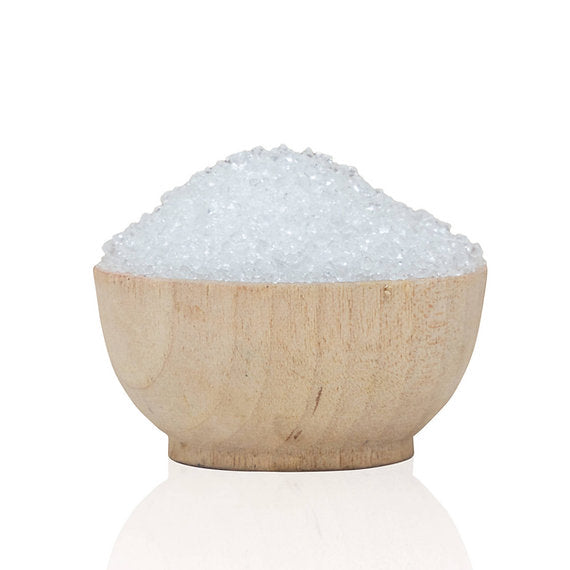
Alum (Potassium Aluminum Sulfate)
Pickup available at eHouse Rishon
Usually ready in 24 hours
Reliable shipping
Flexible returns
Description
Alum (Potassium Aluminum Sulfate, KAl(SO₄)₂·12H₂O)
Also known as alum, potassium alum, potash alum.
Alum is the most widely used mordant in natural dyeing. Gentle yet highly effective, it allows natural dyes to bond securely to fibres, producing brighter shades with improved wash- and lightfastness. Unlike many other mordants, alum is relatively non-toxic and fibre-friendly, which is why it remains the preferred mordant for professional dyers and beginners alike.
Historical Note
Alum has been prized since antiquity. The earliest recorded sources were natural mineral deposits in Asia Minor, especially around the island of Melos in Greece and in regions of present-day Turkey. By the Middle Ages, the alum trade became a central part of the dye industry, with major production sites in the Middle East and later in Italy. The Tolfa mines near Rome supplied alum to Europe for centuries, and alum was often controlled as a strategic commodity by states and guilds.
Traditionally, alum was obtained by mining alum-rich shale, leaching with water, and purifying by crystallization. Modern alum is produced by processing bauxite with sulfuric acid, yielding the crystalline hydrate that continues to serve as the cornerstone mordant for natural dyeing.
Active Compound
Potassium aluminum sulfate dodecahydrate.
CI Reference
Used as a mordant; not classified as a dye.
Advantages
- Produces bright, clear shades
- Improves both wash fastness and light fastness
- Gentle on fibres compared to other metallic mordants
- Works on both protein and cellulose fibres (the latter usually with a tannin base first)
